Pest controllers have exterminated beehives and swarms in several parts of Singapore, after residents spotted them and alerted their town councils. Meanwhile the HDB (Housing Development Board) Awards recognized a housing project for its excellent design, which includes, among other things, the creation of natural habitats for solitary bees and small birds.
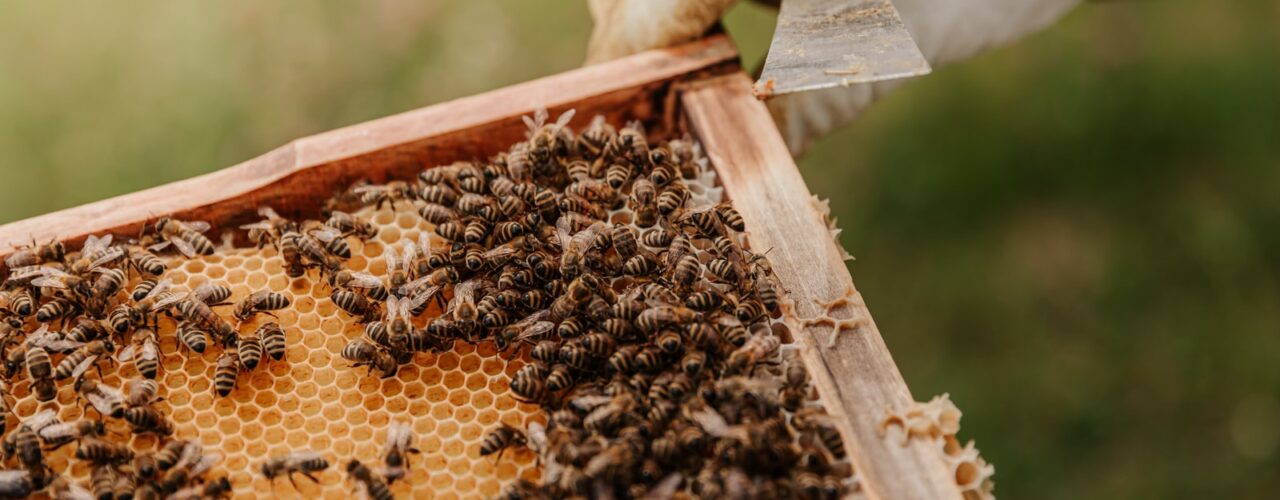
So what?
Singapore – with its vision of being a city in a garden – has a complicated relationship with wildlife and natural spaces. Urban developments affect the city’s primary and secondary forests, yet efforts to green the urban space and bring ‘natural’ elements to buildings have gained momentum. This tension is ever-present in the perceived role of ‘nature’ (and consequently ‘wildlife’) in the city.
The response to bees is a representation of this tension. On one hand, the presence of ‘solitary bees’ in housing estates is applauded, while on the other, beehives in housing estates are exterminated. As Singapore plans to further its rewilding efforts and bring more of ‘nature’ into the city, these tensions are likely to become stronger. Public and institutional response to the presence of unwanted ‘nature’ might influence the direction that Singapore’s garden city takes.
Sources
-
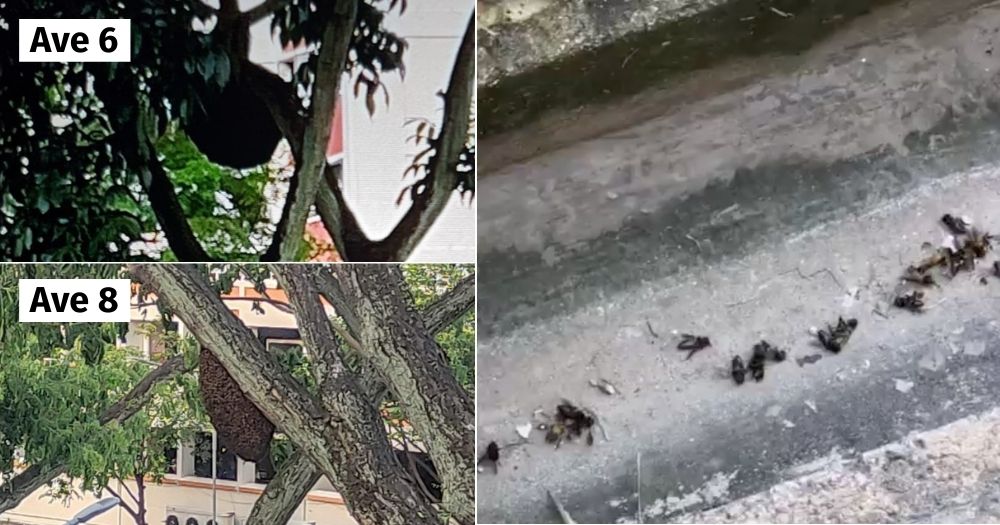 Bees exterminated by town council scattered in drain, on grass patch & road at Bukit Batok https://mothership.sg/2021/08/bees-dead-bukit-batok/
Bees exterminated by town council scattered in drain, on grass patch & road at Bukit Batok https://mothership.sg/2021/08/bees-dead-bukit-batok/ -
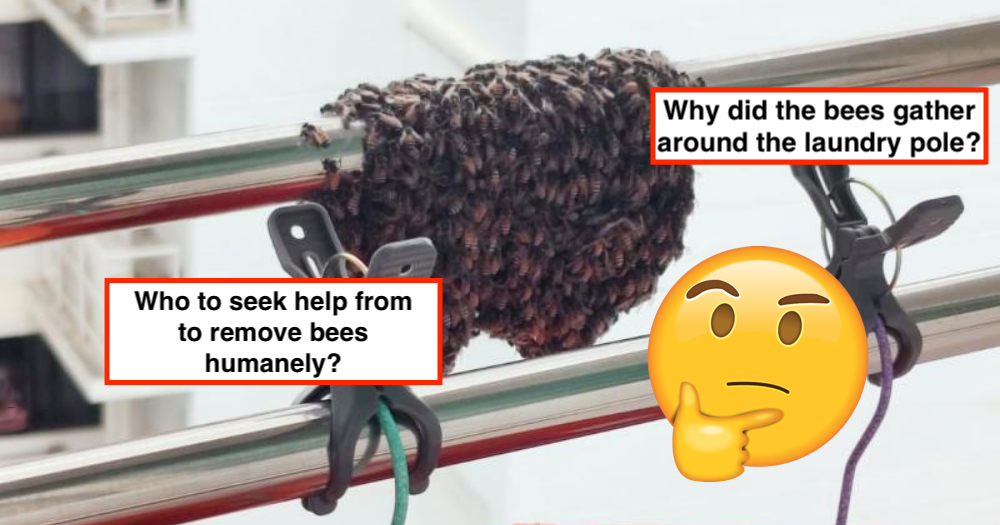 Swarm of bees on laundry pole in Punggol were in transit to new 'home', likely to fly away after rest https://mothership.sg/2021/04/punggol-bees-on-laundry-pole-why/
Swarm of bees on laundry pole in Punggol were in transit to new 'home', likely to fly away after rest https://mothership.sg/2021/04/punggol-bees-on-laundry-pole-why/ -
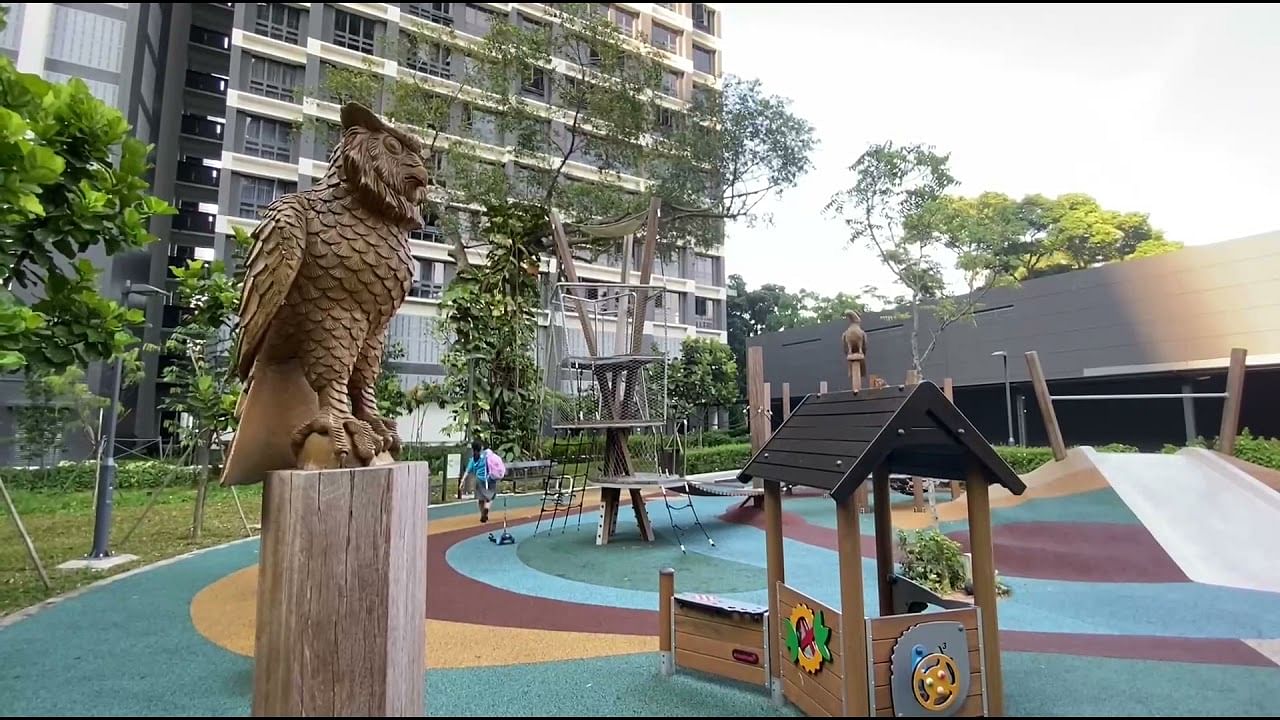 Living with birds and bees: 16 HDB projects lauded for good design, construction https://www.straitstimes.com/singapore/housing/living-with-birds-and-bees-16-hdb-projects-lauded-for-good-design-construction
Living with birds and bees: 16 HDB projects lauded for good design, construction https://www.straitstimes.com/singapore/housing/living-with-birds-and-bees-16-hdb-projects-lauded-for-good-design-construction


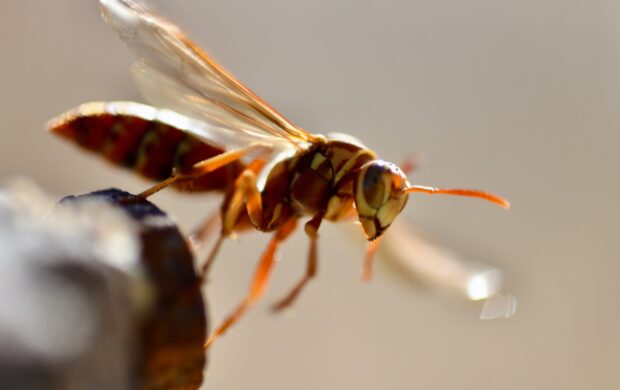

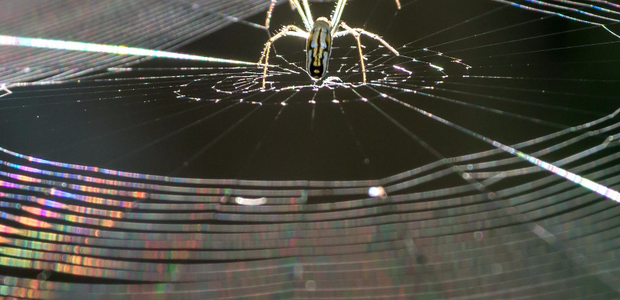


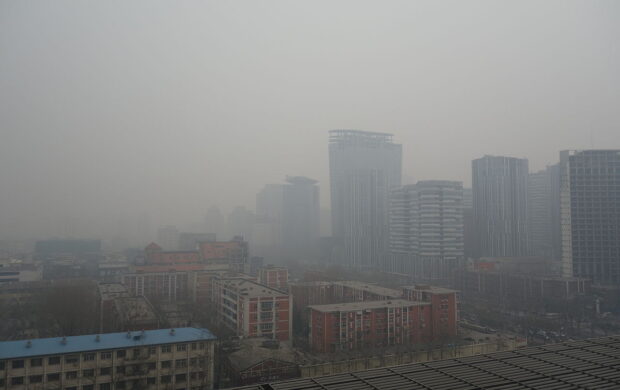



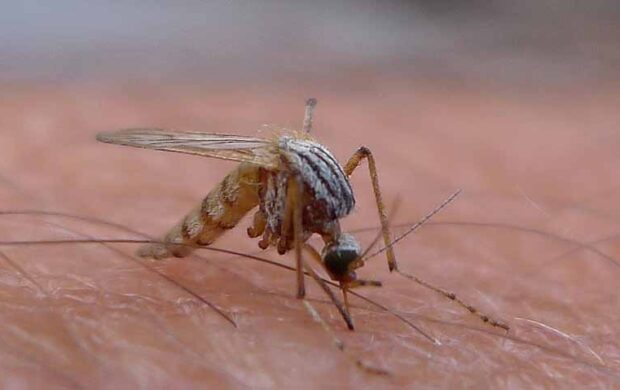


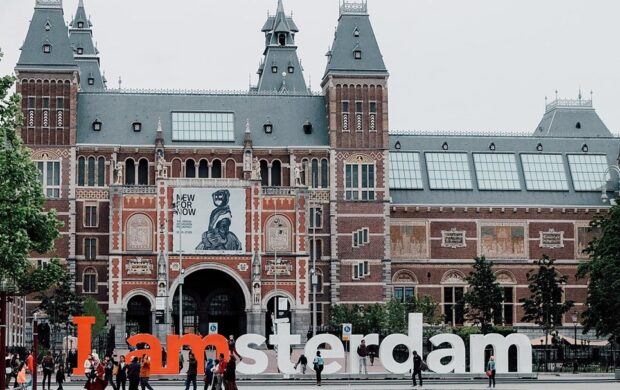

Join discussion